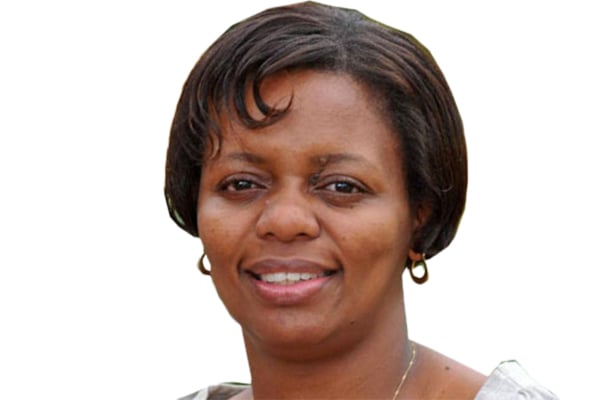Steady progress yes, but let’s not forget rural women

Patricia M. Babiiha
What you need to know:
- This year’s theme is, ‘Rural Women Cultivating Good Food for All.’ For starters, production of good food is something that both genders should be involved in. No impression should be created that this is a women’s ‘job’.
In recognition of the critical role and contribution of rural women in improving agricultural and rural development, bettering food security and eliminating rural poverty, the UN General Assembly in its resolution 62/136 of December 18, 2007, earmarked October 15 as the International Day of Rural Women.
This year’s theme is, ‘Rural Women Cultivating Good Food for All.’ For starters, production of good food is something that both genders should be involved in. No impression should be created that this is a women’s ‘job’.
The context and background to this day is the fact that, as UN Women notes, “Rural women and girls play essential roles in food systems – from production, to processing, preparation, consumption, and distribution of food – as well as in securing household and community nutrition.”
This day is of monumental importance, at least at the level of reflection on our progress as a nation, considering that in Uganda, farming is a source of livelihood for 66 per cent of the working population and accounts for a quarter of gross domestic product (GDP). Majority of the population in this Uganda live in rural areas which have higher concentration of poverty and subsistence agriculture is the main source of sustenance.
Suffice to note is that women play a vital role in Uganda’s rural agricultural sector and, as the World Bank notes, “contribute a higher than average share of crop labour in the region. They also make up more than half of Uganda’s agricultural workforce, and a higher proportion of women than men work in farming—76 per cent versus 62 per cent. Yet compared to men, their productivity is low.”
The catch is in the fact that women’s productivity is, at least when compared to men, low. How to improve the productivity of women involved in agriculture is a question with no easy answers but we recognise efforts that have been geared at, in part, addressing the unequal power relations between men and women in society, violence against girls and women, disproportionate access to affordable credit, among others.
To my mind, efforts such as the Uganda Women Entrepreneurship Programme (UWEP) are a step in the right direction in our bid to economically transform Ugandan women.
A study conducted by the Forum for Women in Democracy (Fowode), titled: ‘Accelerating Women’s Economic Empowerment,’ which mapped out what has been achieved under UWEP and what barriers persist, demonstrated that although a lot has been achieved, more work needs to be done to eradicate the barriers that have blocked Ugandan women from being fully empowered.
The barriers that are blocking women’s full economic empowerment range from failing to acquire the financial resources necessary for investment, control of women’s morbidity by some husbands, women not owning property out of fear that it will be grabbed by their husbands to lack of innovation of products and services.
With women failing to acquire financial resources for investment, they are forced to be bound in the cycle of poverty, with low income, low investment ultimately leading to low income.
As we join the rest of the world to mark the International Day of Rural Women, my considered submission is that government, civil society and private sector actors should pay ever more attention to addressing the constraints that bar women from achieving their full potential in the agriculture sector.
It follows, therefore, that addressing these structural challenges is pertinent in our country’s efforts to reduce poverty and the achievement of Sustainable Development Goals (SDGs) as well as our own Vision 2040.
Ms Babiiha is executive director, Forum for Women in Democracy (FOWODE)




